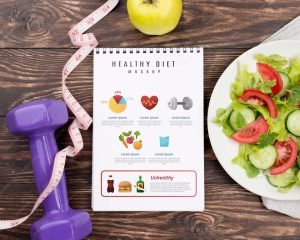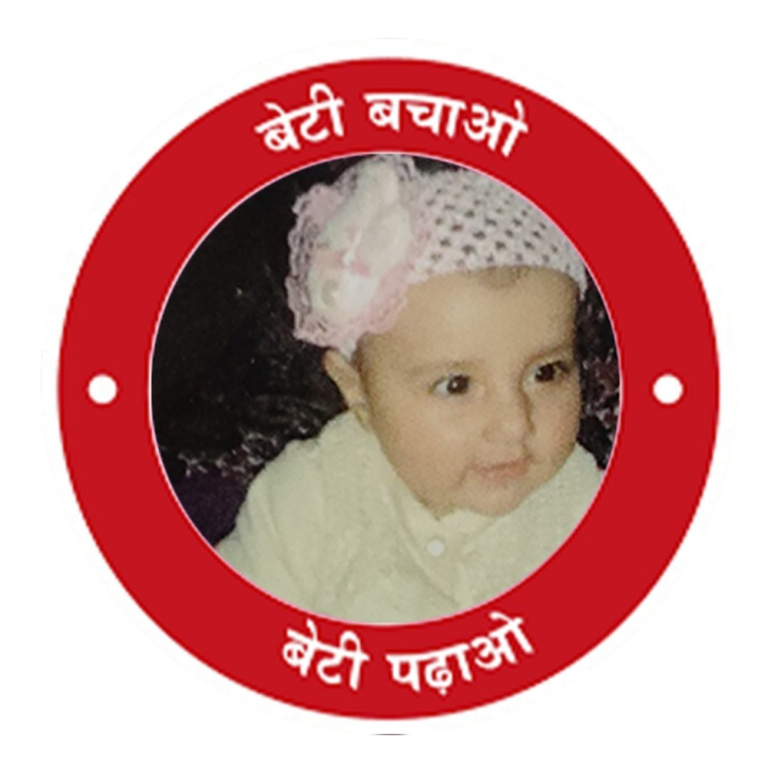Diet Counselling
Diet Counselling
1. Assessment of Nutritional Needs
A detailed evaluation of the patient’s current diet, lifestyle, and nutritional deficiencies is conducted. This includes:
- Medical history review
- Weight and Body Mass Index (BMI) assessment
- Identifying nutrient deficiencies
- Analyzing eating habits and preferences
2. Diet Plans for Fertility Enhancement
Customized diet plans are created to address specific needs, such as:
For Women:
- High-protein foods (e.g., lean meat, eggs, legumes) to support egg health.
- Healthy fats (e.g., avocados, nuts) to regulate hormones.
- Complex carbohydrates (e.g., whole grains) to stabilize blood sugar.
- Iron and folic acid-rich foods (e.g., spinach, lentils) to improve reproductive health.
- For Men:

- Zinc and selenium-rich foods (e.g., pumpkin seeds, seafood) to boost sperm quality.
- Antioxidant-rich foods (e.g., berries, dark leafy greens) to protect sperm from oxidative stress.
3. Lifestyle Adjustments
Patients are guided on complementary lifestyle practices:
- Limiting processed and sugary foods.
- Avoiding trans fats and excess caffeine.
- Staying hydrated and reducing alcohol consumption.
- Including moderate exercise to maintain a healthy BMI.
4. Addressing PCOS and Other Conditions
For women with Polycystic Ovary Syndrome (PCOS) or other metabolic disorders, the diet plan may focus on:
- Low glycemic index (GI) foods.
- Reducing inflammatory foods.
- Adding omega-3 fatty acids (e.g., fish oil).
5. Preparing for Pregnancy
 Pre-conception nutrition ensures the body is well-prepared for pregnancy:
Pre-conception nutrition ensures the body is well-prepared for pregnancy:
- Increasing folate-rich foods to prevent birth defects.
- Maintaining a healthy weight to improve implantation chances.
- Ensuring adequate calcium and vitamin D for fetal development.
- Pre-conception nutrition is vital for a healthy pregnancy. Boost folate intake with foods like spinach, beans, and citrus fruits to prevent birth defects. Maintain a healthy weight to improve fertility and implantation success. Add calcium-rich foods like milk, yogurt, and cheese, along with vitamin D sources such as eggs and fatty fish, for your baby’s bone development. Proper nutrition before pregnancy not only supports your health but also ensures a strong foundation for your baby’s growth.
6. Supplements Guidance
Recommendations for prenatal vitamins, omega-3s, and other supplements may be provided to fill gaps that cannot be met through diet alone.
7. Psychological Support through Nutrition
Counseling also focuses on reducing stress through proper diet and hydration, as stress can significantly impact fertility.
BabyBloom IVF’s Diet Counseling ensures that patients receive comprehensive, evidence-based guidance tailored to their unique requirements, supporting their journey toward parenthood.
Book An Appointment
Meet Our Professional

DR. PUJIL GULATI
Surgical Proficiency in oocyte pickup, TESE (Testicular Sperm Extraction), TESA (Testicular Sperm Aspiration), sperm preparation techniques, IUI, IVF lab management, and high-risk cesarean sections.
Welcome to BabyBloom IVF, where your journey to parenthood is nurtured with care, expertise, and the latest advancements in fertility treatment. Located in the heart of Gurgaon, Babybloom IVF is the Best IVF Centre in Gurgaon & leading fertility center dedicated to helping couples achieve their dreams of starting or growing their families.
Contact Us
Address No.1 I, block, 189, near Baani Square, South City II, Sector 50, (Gurgaon) Gurugram, Haryana 122018
Address No.2 Babybloom IVF, Nursing Home, Civil Rd, Company Bagh, Rohtak, Haryana 124001

Brought Happiness to the world
@BabyBloom IVF All Rights Reserved @2025

